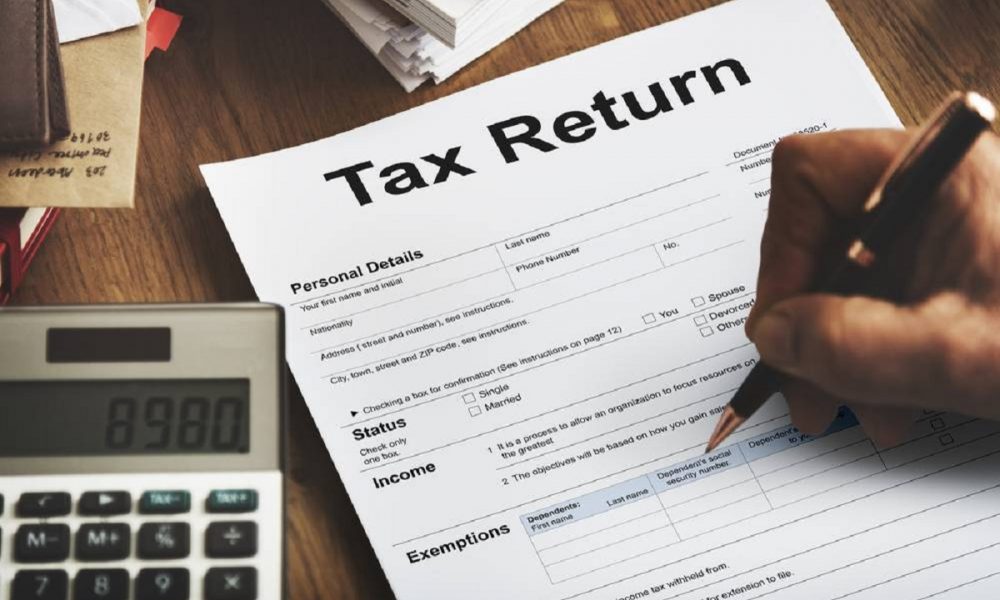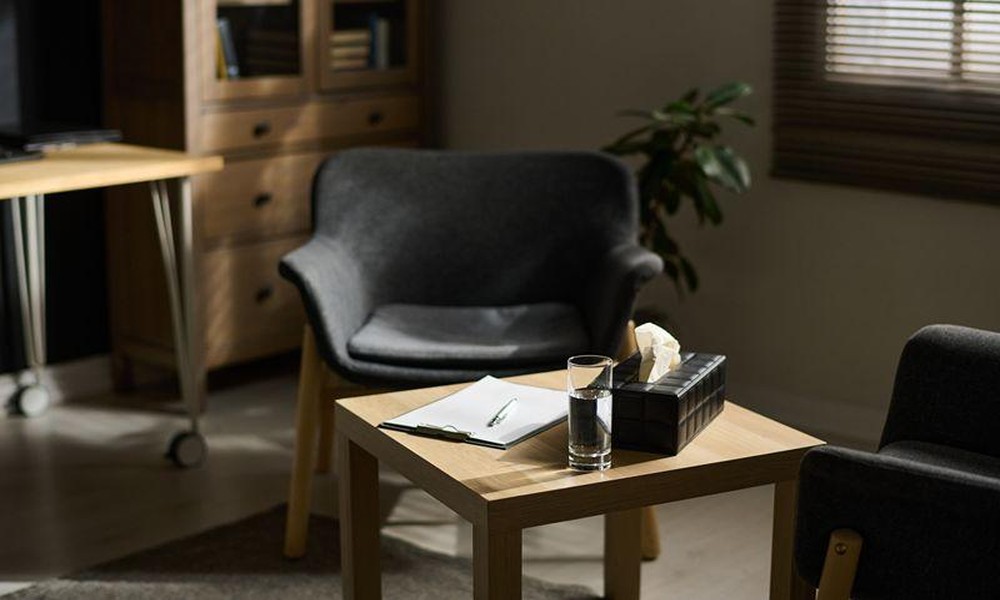Freelancers and gig workers throughout Melbourne, including fast-growing suburbs like Cranbourne, often have completely different tax issues from workers who receive traditional paychecks. You don’t have a steady paycheque; you have lots of income sources and hundreds of deductions to consider when filing tax returns in Cranbourne. But savvy planning can make it easier — and even bump up your refund.
Whether you are a delivery rider, a freelancer, or a part-time tutor, lodging your tax returns ensures compliance which means you don’t break ATO rules and have a firm grip of your finances. Here’s what to do to play your 2025 tax return the smart way.
1. Keep Track of All Your Income
The vast majority of gig workers work for several apps or clients. From Uber to Airtasker, nothing can be left on the table — including cash.
Accounting software like MYOB or Xero allows you to do:
- Record every payment
- Organise invoices
- Track GST (if registered)
This not only simplifies your life, but it also reduces the chance of underreporting, which can result in substantial penalties.
2. Know What You Can Deduct
You can offset the tax as a freelancer with work-related costs. Common deductions include the following:
- Bills for internet and phone service (the amount of time spent working)
- Architecture or work tools
- Vehicle (for rideshare and deliveries)
- Equipment such as laptops or phones
And don’t forget about utility costs if you’re working at home. A certified tax accountant can help structure your finances in such a way that you never miss a legitimate claim again.
3. Save Every Receipt and Record
Your financial records should be kept for a minimum of five years, as recommended by the Australian Taxation Office (ATO). That includes:
- Invoices
- Fuel receipts
- Equipment purchases
- Bank statements
Helpful for getting these organised, are apps like Google Drive or Evernote. Being prepared can save you a headache later — especially if you are audited.

4. Put Aside Money for Tax
To the contrary of employees, freelancers do not have payroll taxes withheld. So, when the fiscal year ends you will have to dig up the money yourself.
Dethrone about 20–30% of your income and store it away in a separate account. For example, if you make $5,000 a month, save at least $1,000.
Though it may be arduous, this habit spares the pain of scrambling to pay an unexpected tax bill down the road.
5. Don’t Miss Home Office Claims
For those who work from home, such as in Cranbourne or Dandenong, you could claim a portion of your home expenses.
You can use the ATO’s flat rate: 52 cents an hour, or determine an amount based on actual costs such as rent, electricity and water costs.
To be safe, size up your workspace and keep a journal of when you were working.
6. Adapt to Changing Tax Rules
Freelancers have to keep current. From 2025, companies such as Uber and Airtasker might be required to make payments straight to the ATO.
And watch the superannuation rules as well, especially if you’re self-employed.
Keep an eye on ATO bulletins, or seek advice from an expert, to remain ahead of the game.
7. Work with a Professional
Tax can get complex. Hiring a tax accountant in Cranbourne and elsewhere in Melbourne can be a great way to ease things off.
They can:
- Come up with conclusions you might not have thought about before
- File your return accurately
- Give financial advice for the coming year
Prepare to pay between $150 and $500 for a basic return. It’s generally worth it for the peace of mind — and the larger refund.
Final Thought: Smart Filing, Good for You!
Just because you’re self-employed doesn’t mean you have to dread tax season. Good habits and the proper line of assistance will mean you are better able to manage your money and avoid problems.
As you can see, lodging your tax accounts will keep you out of trouble, and a qualified tax account can help manage your finances for the long term! Start today and breeze through your 2025 tax season!










